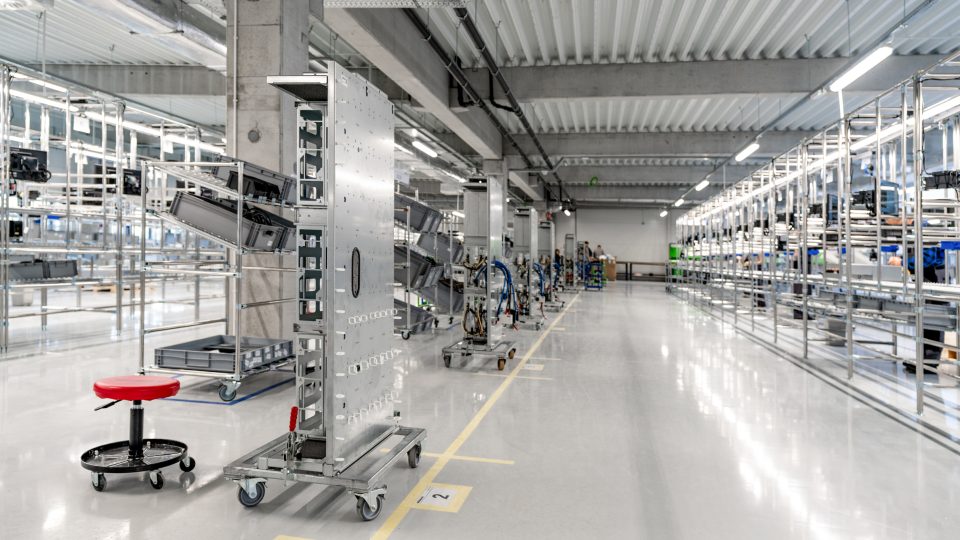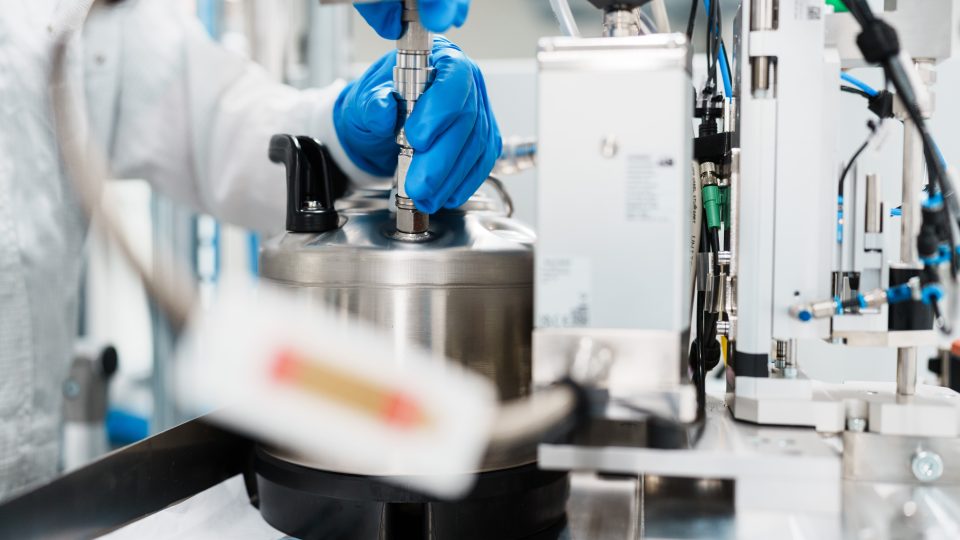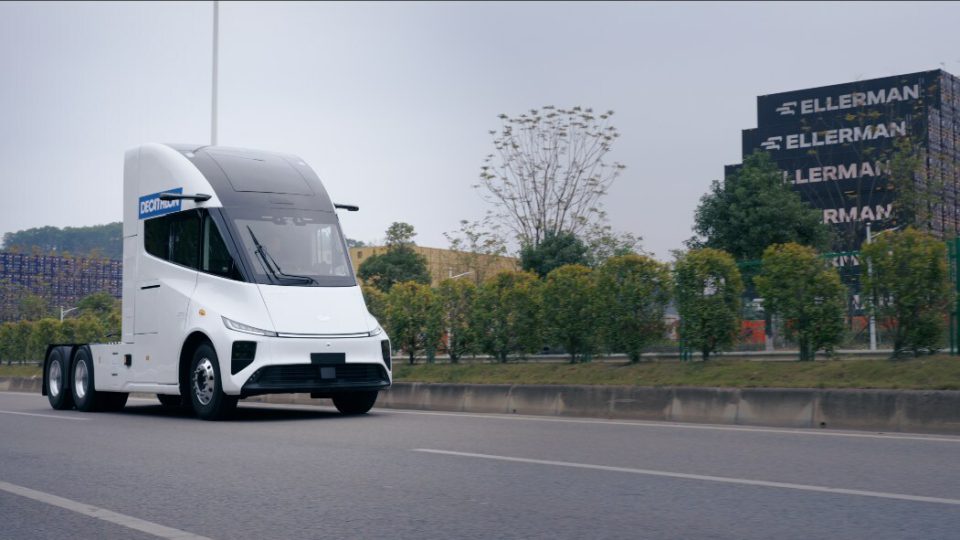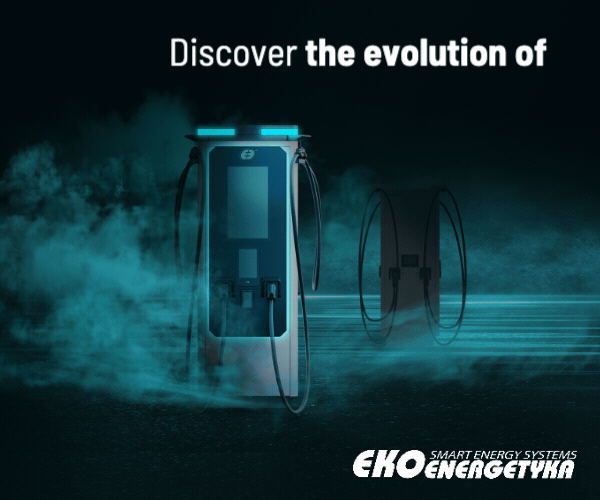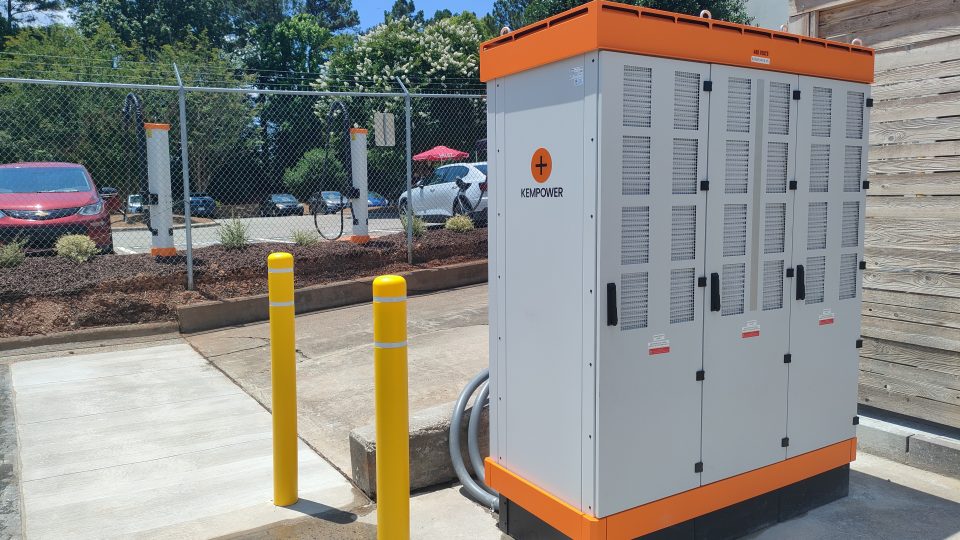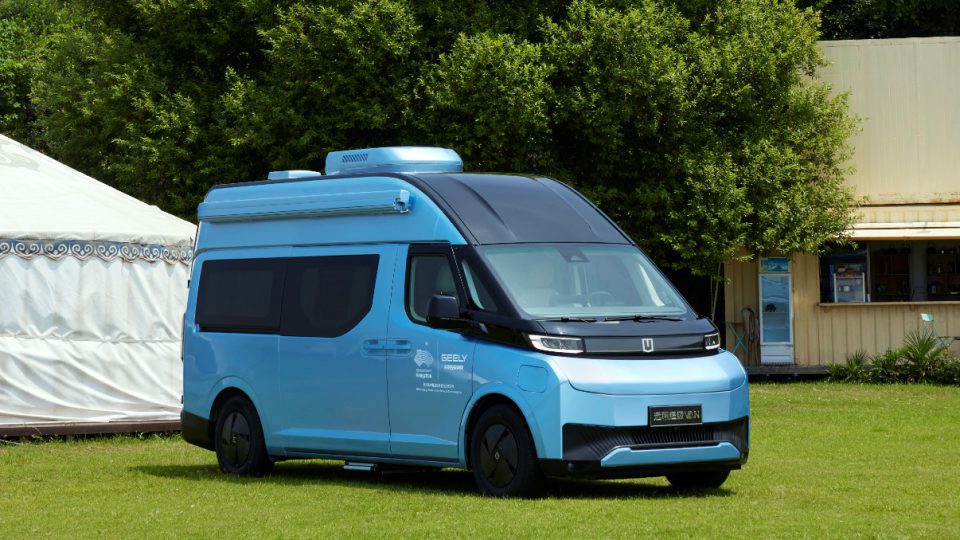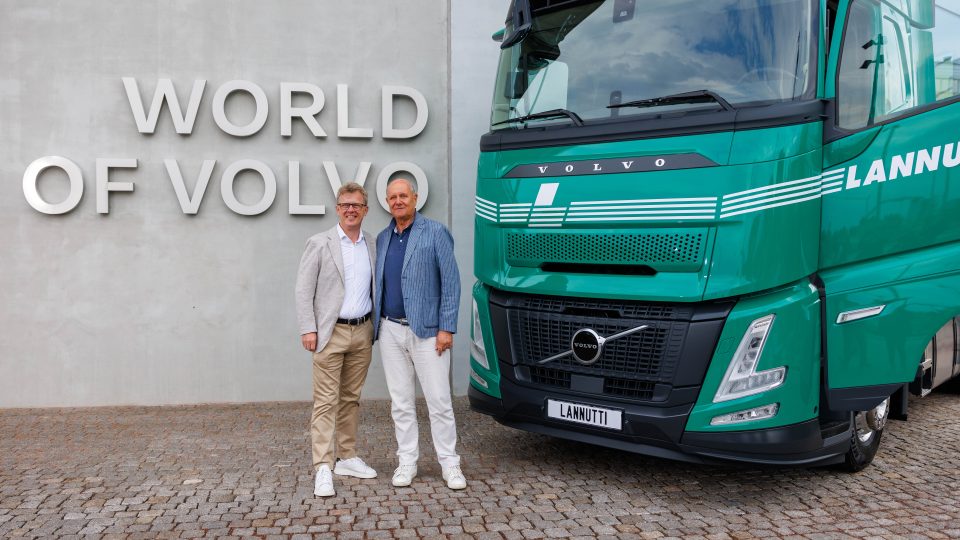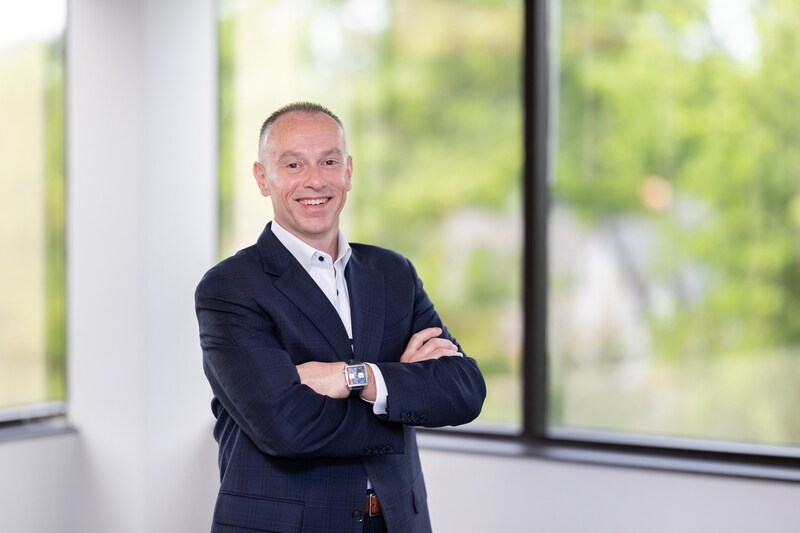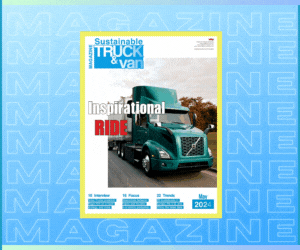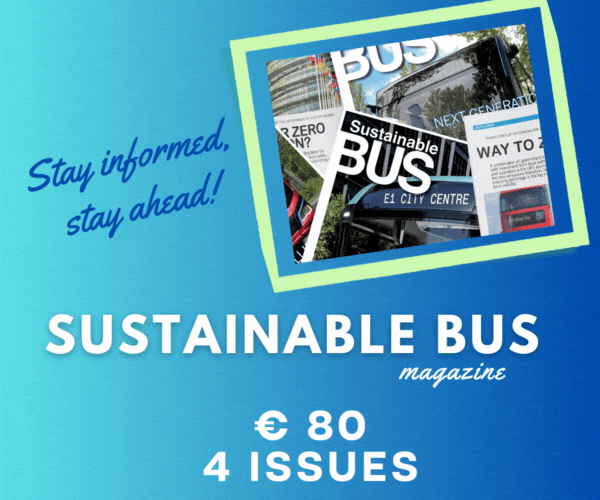Mercedes is ready to go all-electric by 2030 in all its product ranges, including light commercial vehicles
Mercedes-Benz will also deepen the level of vertical integration in manufacturing and development, and insource electric drive technology. Today, the acquisition of UK-based electric motor company YASA was announced.
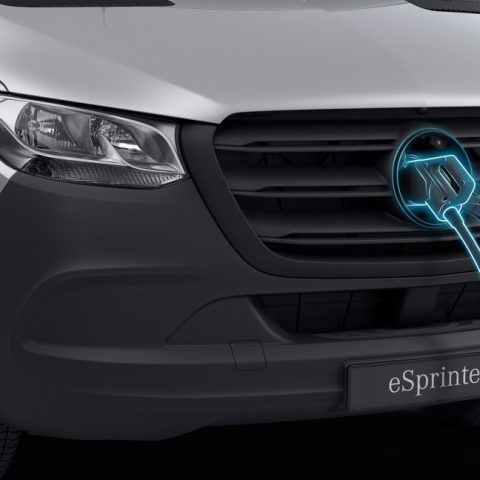
During a digital worldwide event, Mercedes-Benz unveiled the company’s strategy to go all-electric by 2030 in all its product ranges, including light commercial vehicles like the e-Sprinter, for instance. From 2025 onwards, all the new architectures will be electric-only, with R&D investments worth over €40 billion into battery electric vehicles between 2022 and 2030. Talking about new architectures for electric vans and light commercial vehicles, Mercedes will rely on the so-called VAN.EA architecture, which will contribute to emission free transportation and cities in the future.
Mercedes and the crucial issues to go all-electric on cars and commercial vehicles
Of course, the issues of powertrain components and charging infrastructure are crucial to achieve the targets announced today by Mercedes. It is not a coincidence that the German company has plans to build eight Gigafactories in Europe and the US and team up with a primary European partner that will be announced quite soon. This is in addition to the already planned network of nine plants dedicated to building battery systems, which is expected to ensure a battery capacity of more than 200 Gigawatt hours to fulfil the requirements of the brand.
By managing this faster transformation while safeguarding our profitability targets, we will ensure the enduring success of Mercedes-Benz. Thanks to our highly qualified and motivated workforce, I am convinced that we will be successful in this exciting new era
Ola Källenius, CEO of Daimler AG and Mercedes-Benz AG
Next generation batteries will be highly standardized and suitable for use in more than 90% of all Mercedes-Benz cars and vans while being flexible enough to offer individual solutions to all customers. With the next battery generation, Mercedes-Benz will work with partners like SilaNano to further increase energy density by using silicon-carbon composite in the anode. This will allow for unprecedented range and even shorter charging times. When it comes to solid-state technology, Mercedes-Benz is in talks with partners to develop batteries with even higher energy density and safety.
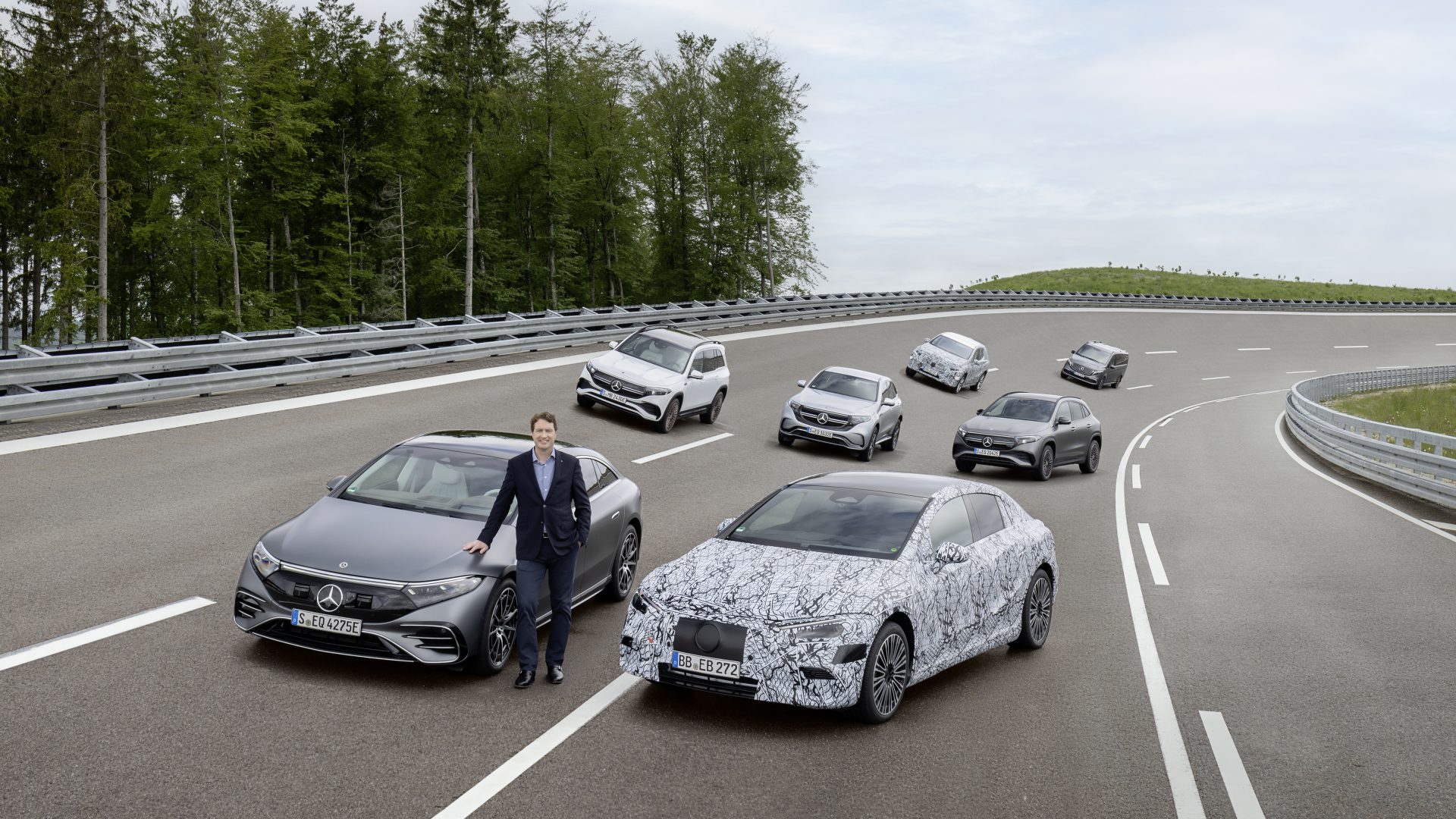
Electric motors, the acquisition of UK-based YASA
Mercedes-Benz will also deepen the level of vertical integration in manufacturing and development, and insource electric drive technology. Today, the acquisition of UK-based electric motor company YASA was announced: YASA will become 100% subsidiary of Mercedes-Benz. With this deal, the latter gains access to axial flux motor technology and expertise to develop next generation ultra-high-performance motors.
Another key aspect is the issue of charging infrastructure. Mercedes counts on the Plug & Charge mode to allow customers to plug-in, charge and unplug without extra steps needed for authentication and payment processing. Mercedes me Charge is expected to have more than 530,000 AC and DC charging points worldwide.
Mercedes-Benz is also working with Shell on expanding the charging network. Customers will get enhanced access to Shell’s Recharge network consisting of over 30,000 charge points by 2025 in Europe, China, and North America.
New production strategies
As for the reorganization of production plants all over the world (here we talk about the Wörth facility, in Germany, for e-truck production), Mercedes-Benz is preparing its global production network for electric-only output with the pace of the ramp-up designed to follow market demand. For instance, as soon as next year, eight Mercedes-Benz electric vehicles will be produced at seven locations on three continents. Furthermore, all passenger car and battery assembly sites run by Mercedes-Benz AG will switch to carbon neutral production by 2022.
Finally, the group also plans to install a new battery recycling factory in Kuppenheim, Germany, to develop and secure recycling capacity and know-how.




